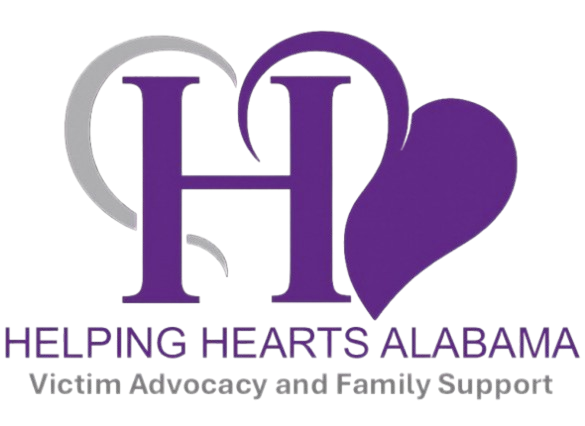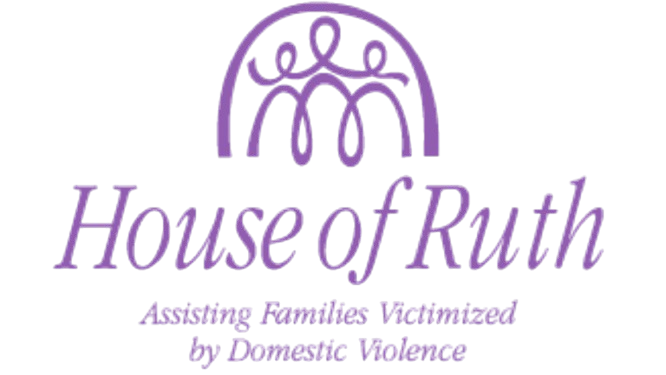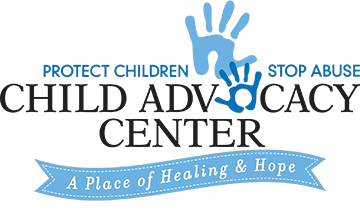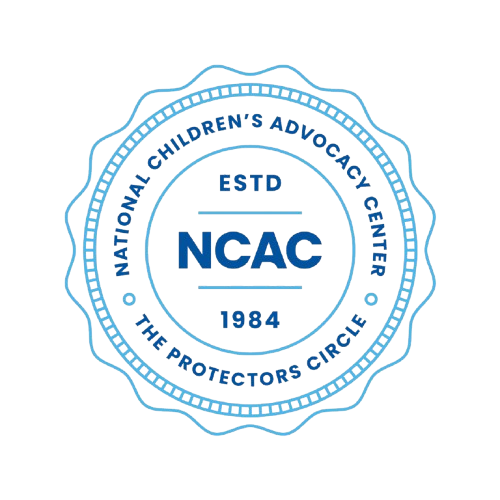Recently updated on July 10th, 2025 at 01:45 am
This website helps prepare the forms required for Victim Compensation in Alabama.
We do have juvenile and Elder Abuse protection orders. here
HOW IT WORKS

1. Take Screening
Start with an online screening tool to help determine whether submitting a Victim Impact Statement in Alabama is appropriate for your situation.

2. Prepare Documents
Instead of looking at the legal forms themselves, you will be guided through a series of detailed questions. These will gather the necessary information topic by topic. The questions are in plain language, and easy to understand for non-lawyers. To make this process as simple as possible, our system will then generate the official court forms with your responses printed on them.

3. Consult Advocate (Optional)
You can consult a victim advocate or a pro bono (free) lawyer to get guidance on preparing your Victim Impact Statement. These resources are typically funded by the government and are free of charge. An advocate or lawyer can help you review your statement, explain the court process, and discuss how the crime has affected you. Only lawyers can provide legal advice, but most advocates have experience supporting victims through the sentencing process and can guide you through this important step.

4. File with the Clerk
You can submit your Victim Compensation application through the Alabama Crime Victims’ Compensation Commission. This can be done by the victim or a representative, such as a parent or legal guardian.
The application must be filed with the Commission—not the court—after the crime has been reported. It should be submitted within one year of the incident.
You may file by mailing a completed application to the Commission’s office in Montgomery, or in some cases, through the Commission’s online portal.
Be sure to include any required documents, such as police reports, medical bills, and proof of expenses. The Commission will contact you if additional information is needed.
Process
Step 1
Crime Occurs
A violent crime takes place, resulting in physical, emotional, or financial harm to the victim. This incident creates the basis for eligibility under Alabama’s victim compensation program.
Step 2
Report to Law Enforcement
The crime must be promptly reported to the police or another law enforcement agency. A police report or related documentation will be required when applying for compensation.
Step 3
Seek Medical or Support Services
The victim may receive medical treatment, mental health counseling, or other services related to the crime. Keep all bills, receipts, and records, as these may be submitted as part of the compensation claim.
Step 4
You: Informed About Victim Compensation
Step 5
Prepare the Application
Step 6
Submit the Application
Once complete, the application is submitted to the Alabama Crime Victims’ Compensation Commission. This may be done by mail or online, depending on your preferred method. Supporting documents must be included.
Step 7
Review by the Commission
The Commission reviews your application to determine eligibility. They may request additional documents or clarification. The review process considers factors like cooperation with law enforcement, eligibility requirements, and the type of losses claimed.
Step 8
Compensation Decision and Payment
If approved, the Commission will issue payment to you or directly to service providers. This may cover medical bills, counseling, funeral expenses, or loss of income. If denied, you may have the right to appeal.
FAQs
RESOURCES

Victims of Crime & Leniency
Advocacy support throughout the criminal justice process, help with Victim Impact Statements, safe space for victims, housing during legal proceedings, and emotional/physical support
(334) 262‑7197
422 S Court St, Montgomery, AL 36104

Helping Hearts Alabama
Helping Hearts Alabama is a nonprofit supporting domestic violence survivors through advocacy, education, and direct services. From court support to crisis intervention, we help individuals find safety, resources, and hope ensuring no one faces abuse alone. Healing starts with being heard, and we're here to listen and stand by each survivor.
(256) 272-1328
PO BOX 1512 Huntsville, AL 35807

The House of Ruth, Inc.
The House of Ruth, Inc. serves domestic violence victims and survivors in Barbour, Bullock, Coffee, Covington, Dale, Geneva, Henry, Houston, and Pike County. We serve victims and survivors of sexual assault in Coffee, Dale, Geneva, Henry, Houston and Pike County.
The counties that I serve for domestic violence are Coffee, Covington, Dale, Geneva, And Pike County. I can easily put you in touch with the advocate for our other 4 counties or our sexual assault advocate if need ed.
Amber Dixon
(334) 793-5214
214 West Troy Street, Dothan AL 36303

One Place Family Justice Center
Co-located services for victims of domestic violence, sexual assault, elder abuse, and trafficking—including help with victim statements and legal assistance
(334) 262‑7378
530 S Lawrence St, Montgomery, AL 36104

Dominique Dudley
Dominique Dudley is an advocate dedicated to supporting individuals facing domestic violence. She assists with navigating legal protection processes, offers compassionate guidance, and connects clients with essential resources ensuring they feel supported, informed, and empowered every step of the way.
(256) 692-8591
208 Exchange Place Northwest, Huntsville AL 35806

Advocate Assistant
An Advocate Assistant at the National Children’s Advocacy Center in Huntsville, Alabama, provides vital support to children and families affected by abuse. Working alongside forensic interviewers, counselors, and caseworkers, the assistant helps coordinate services, offers emotional support, and ensures each family receives the resources they need for healing and justice.
(256) 272-1328
2008 Giles Drive Northeast, Huntsville AL 35811

Child Protect Children’s Advocacy Center
For child abuse victims—provides forensic interviews, counseling, and advocacy, including support with victim impact statements on behalf of minors
(334) 262‑1220
935 S Perry St, Montgomery, AL 36104

Breanna Burgess
Breanna A. Burgess is a Domestic Abuse Victim Advocate with Army Community Service. Based in Huntsville (North Alabama), she leads interactive Personal Safety Skills classes through the Family Advocacy Program. Breanna teaches trauma-informed techniques such as weight-based escapes for individuals to safely exit violent confrontations, emphasizing that victims don’t need to be physically strong to protect themselves
(256) 955-6904
3443 Aerobee Road, Huntsville AL 35805

National Children's Advocacy Center
Jana Thomas is the Family Advocate Supervisor at the National Children’s Advocacy Center (NCAC) in Huntsville, Alabama. With a background in social work, she has experience in pediatric psychiatric care, alternative education, juvenile probation in Nashville, and child welfare with Lauderdale County DHR.
(256) 327-3820
210 Pratt Avenue Northeast, #Building D, Huntsville AL 35801

Amy Nix
Amy Nix is an advocate with the National Children’s Advocacy Center, supporting children and families impacted by abuse. She assists clients through legal interviews, crisis intervention, and connects them with essential community resources—offering compassionate guidance and ensuring no one navigates the recovery process alone.
(931) 227-8758
210 Pratt Avenue Pratt Avenue , Huntsville, Alabama AL 35801
Court Forms Created This website guides you through all the necessary steps to complete your Victim Compensation and submit it to the court as part of the criminal case.
Core Forms
- ACVCC Application
Proposed Orders
- Protection Order
